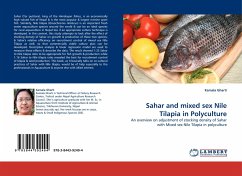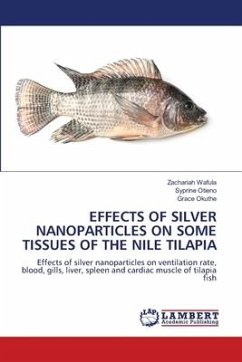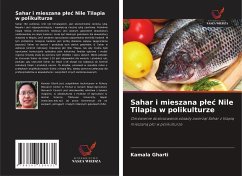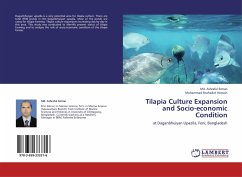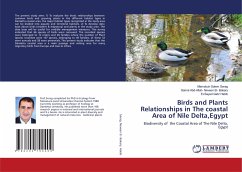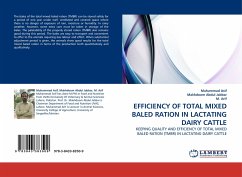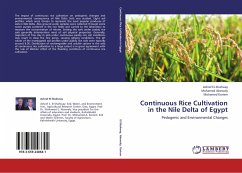
Evaluation of Mono-Sex and Mixed-Sex Culture of Nile Tilapia
A Comparative Evaluation of Single and Mixed-Sex Culture of Tilapia
Versandkostenfrei!
Versandfertig in 6-10 Tagen
32,99 €
inkl. MwSt.

PAYBACK Punkte
16 °P sammeln!
Tilapia males grow almost twice as fast as females. However, to obtain an all-male population based on sex separation, the females must be discarded leading to unnecessary wastage of effort and expenses used in growing the females to sexable size. This study compared growth of mixed-sex and mono-sex of non-improved and the Genetically Improved Farmed Tilapia (GIFT) strains of the Nile tilapia. Results emphasized the superior growth performance of the males and of the GIFT strain. Results also indicated that growth of the mono-sex population was much better than that of the mixed-sex, and prove...
Tilapia males grow almost twice as fast as females. However, to obtain an all-male population based on sex separation, the females must be discarded leading to unnecessary wastage of effort and expenses used in growing the females to sexable size. This study compared growth of mixed-sex and mono-sex of non-improved and the Genetically Improved Farmed Tilapia (GIFT) strains of the Nile tilapia. Results emphasized the superior growth performance of the males and of the GIFT strain. Results also indicated that growth of the mono-sex population was much better than that of the mixed-sex, and proved that the non-improved males and the GIFT females had close growth rates. These findings suggest that manual sex segregation of the GIFT strain during the grow-out phase would allow tilapia growers to raise each GIFT sex separately without the need to discard the females as the custom with the slow-growing females of the non-improved strain.



